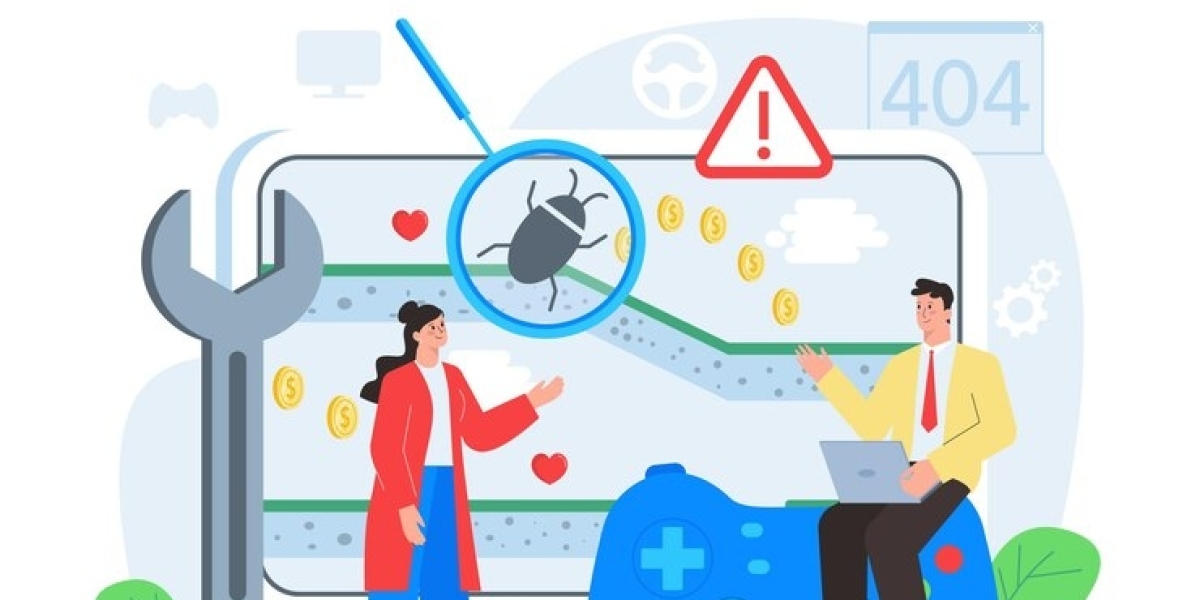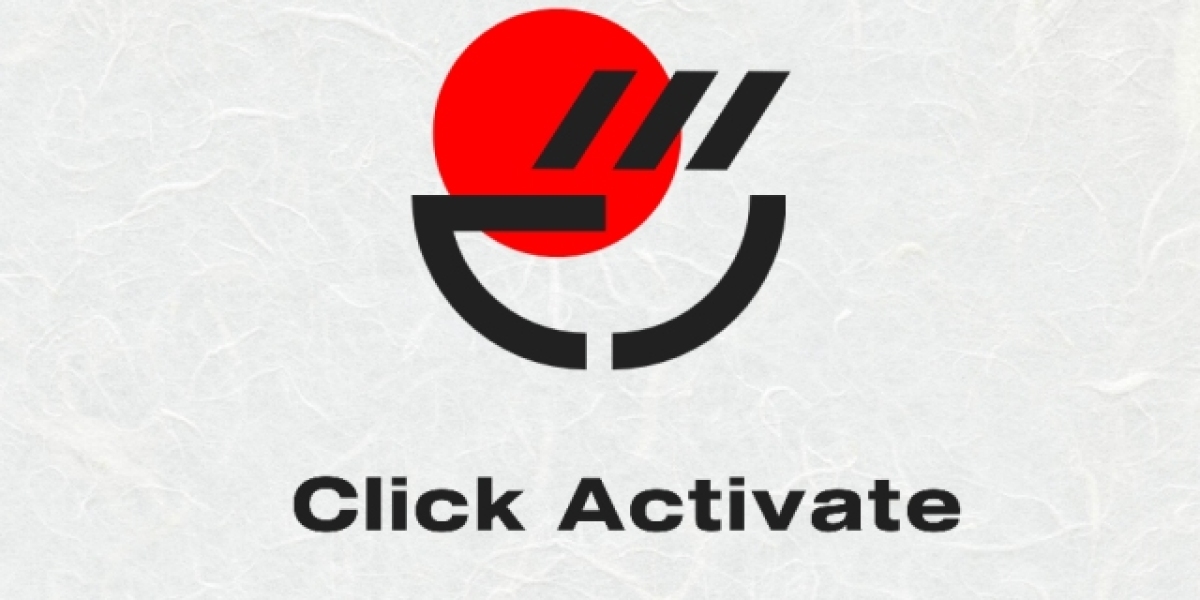Introduction:
The landscape of software testing is evolving rapidly, driven by technological advancements and the ever-increasing demand for seamless, high-quality software. In this era of innovation, independent testing services are at the forefront, adapting to emerging trends and incorporating cutting-edge technologies to ensure robust software quality. This Blogindeexplores the future of software testing, delving into the trends and innovations shaping independent testing services.
I. Shift-Left Testing and Continuous Integration:
As development methodologies shift towards agility and DevOps, there is a growing emphasis on incorporating testing early in the software development lifecycle. Shift-left testing, an approach that integrates testing activities earlier in the process, is gaining momentum. Independent software testing services are leveraging this trend to detect and rectify defects at the earliest stages, reducing time-to-market and overall development costs. Continuous Integration (CI) further complements this shift by enabling frequent, automated testing throughout the development cycle, ensuring a continuous feedback loop between development and testing teams.
II. AI and Machine Learning in Testing:
Artificial Intelligence (AI) and Machine Learning (ML) are revolutionizing the field of software testing. Independent testing services are harnessing the power of AI and ML to optimize test case generation, enhance test coverage, and predict potential areas of risk. Intelligent automation tools powered by AI can adapt to evolving applications, learning from test outcomes to improve efficiency and accuracy. This innovation not only accelerates testing processes but also augments the ability to handle complex scenarios, making testing more effective and thorough.
III. Test Data Management and Privacy Compliance:
With the rise in data privacy concerns and stringent regulations like GDPR, independent testing services are focusing on robust test data management. Ensuring the secure and ethical handling of test data has become paramount. Innovations in synthetic data generation and data masking techniques are helping testing teams create realistic yet anonymized datasets for comprehensive testing while safeguarding sensitive information. This trend aligns with the industry's commitment to maintaining the highest standards of data privacy and compliance.
IV. Performance Engineering and Testing in Production:
As user expectations for flawless software experiences continue to rise, performance engineering has become a critical aspect of independent testing services. Instead of traditional performance testing at the end of the development cycle, there is a shift towards continuous performance engineering throughout the software development lifecycle. Additionally, testing in production environments is gaining prominence. Independent testing services are deploying sophisticated monitoring tools to simulate real-world conditions and identify performance bottlenecks in live systems, ensuring optimal application performance in the hands of end-users.
V. Blockchain Testing:
The proliferation of blockchain technology in various industries, from finance to supply chain, has introduced new challenges for software testing. Independent testing services are evolving to meet the demands of testing decentralized applications and smart contracts. Ensuring the security, reliability, and performance of blockchain-based systems is becoming a specialized focus, requiring innovative testing approaches and methodologies.
VI. Quantum Computing and Security Testing:
As quantum computing inches closer to practical implementation, independent testing services are gearing up to address the unique challenges it poses to software security. The potential for quantum computers to break existing encryption standards necessitates a proactive approach to security testing. Testing services are exploring quantum-resistant encryption algorithms and developing methodologies to assess the security robustness of software in a post-quantum era.
VII. Collaborative Testing and Crowdsourced Testing:
Collaborative testing models, including crowdsourced testing, are gaining popularity. Independent testing services are tapping into global testing communities to access diverse skill sets and perspectives. Crowdsourced testing allows for real-world testing scenarios, providing valuable insights into user experiences, usability issues, and regional variations. This collaborative approach fosters innovation and ensures a comprehensive testing strategy that goes beyond traditional in-house capabilities.
Conclusion:
The future of software testing is dynamic and full of exciting possibilities. Independent testing services are poised to play a pivotal role in this evolution, embracing trends and innovations that enhance the quality, security, and performance of software applications. As technology continues to advance, the collaboration between development and testing teams, coupled with the integration of emerging technologies, will shape a future where software testing is not just a necessity but a strategic enabler for delivering exceptional software experiences.








